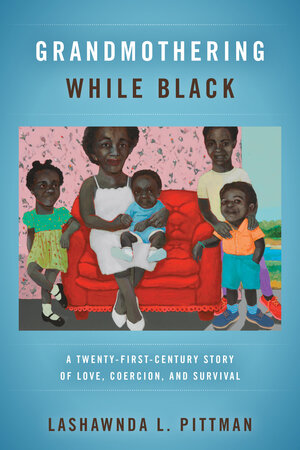
Care as Infrastructure
May 13, 2021
It’s Time to Acknowledge the Increasing Number of Young Caregivers
June 8, 2021By: Emma Dries and Nathan Boucher
May 17, 2021
Long-COVID, a syndrome defined by symptoms that linger well-after coronavirus infection, is puzzling and only an emerging consideration by health and social care authorities. Health systems internationally continue to be overwhelmed by the spread of the virus, not always able to focus on chronic presentations linked to initial infections. Symptoms like head and body aches, loss of taste, and cognitive challenges remain in up to 10% of those who recover from COVID-19.
Caregivers — often family, friends, and colleagues — can be crucial in supporting and monitoring others post-infection. The information they provide on long-COVID symptoms will be essential in understanding long-COVID and its implications. However, caregivers often lack support and resources to appropriately care for both themselves and those they care for.
The burden of long-COVID caretaking is a crisis within a crisis. Caregivers often neglect their own health to care for care-recipients. With an estimated 10% of recovered individuals requiring additional aid, millions of families and their caretakers face the burden of long-COVID. To address long-COVID’s effect on those with the condition as well as their caregivers, there must be additional research and governmental aid to support those struggling with the long-term sequelae of the virus.
Studying not just the effects of long-COVID, but the impact of long-COVID on caregivers will provide insight on the needs of family caregivers, their caregiving experience, and critical resources that can support their efforts. Outreach, support, and data collection on caregivers and care recipients should be an organized effort and a national priority in nations seeing this post-infection phenomenon.


